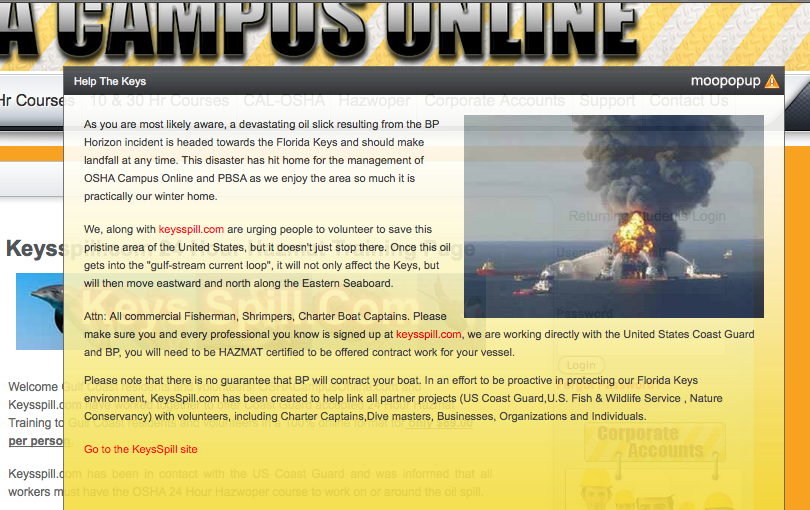One month after news of a giant Gulf Coast oil spill began making headlines across the country, aid organizations worry that the region may see an influx of workers seeking cleanup jobs that simply don’t exist.
“People are being told they can drive here and apply for jobs and BP will pay for travel and hotels. This is just not true,” executive director of the Hispanic Chamber of Commerce Darlene Kattan said Thursday night at a public meeting in Metairie.
Kattan’s phone has been ringing off the hook with calls from agencies nationwide struggling to find jobs for laid-off workers – and interested in placing workers in cleanup jobs they’ve heard about. Unfortunately, these jobs don’t exist in the numbers imagined, or in the number needed to employ the thousands already here and needing work. In short, the never-ending great recession has met the never-ending oil spill.
Already 3,200 people have attended trainings and received certification to do the estimated in the cleanup. Far less have gotten jobs. Just last week, more than 2,000 people vied for consideration for 500 jobs that may or may not materialize cleaning up oil along Alabama’s shoreline. A BP officials said the company wasn’t accepting any more applications, and would contact those who had already applied if and when the need to fill the jobs arose. Meanwhile, businesses have begun to sell trainings being provided free of charge in areas affected by the spill through a disaster response command center. The site recently added a page that suggests their training courses will be needed all the way up the East Coast as the oil moves into the loop current.
In the New Orleans region, Kattan has heard about people coming into Hispanic neighborhoods offering to fill out BP job application forms for a $100 fee.“ I don’t want to see another Katrina scenario,” the advocate said, referencing similar scams that exploited Spanish-speaking laborers seeking rebuilding work following the 2005 storm.
While BP has held worker trainings for Spanish as well as Vietnamese-speaking communities, Metairie lawyer Monica Sanchez said Thursday that all those affected by the spill should push BP for more translation services. “They have an obligation,” she said.
But even as Sanchez encouraged those being hurt by the spill to file claims, many in the Hispanic community expressed fears about domino-like economic injury that would not be recognized by the oil giant because it was not directly caused by the spill but instead, caused by rising seafood prices or other disruptions in business that happened as a result of it. Martin Gutierrez, director of the Catholic archdiocese’s Hispanic apostolate, said that Catholic Charities also holds these concerns and accordingly, is using an emergency grant from BP to buy pre-paid gift cards from local grocery stores, rather than national chains.
BP representative Hugh Depland said that while the company wasn’t sure exactly when more workers would be hired, the $239 billion company was spending “a lot of money, time and effort to bring this event to a close.” And to those worried restaurateurs facing rising prices for shrimp and oysters? In the words of fellow BP rep Randy Prescott: “Louisiana isn’t the only place that has shrimp.”

